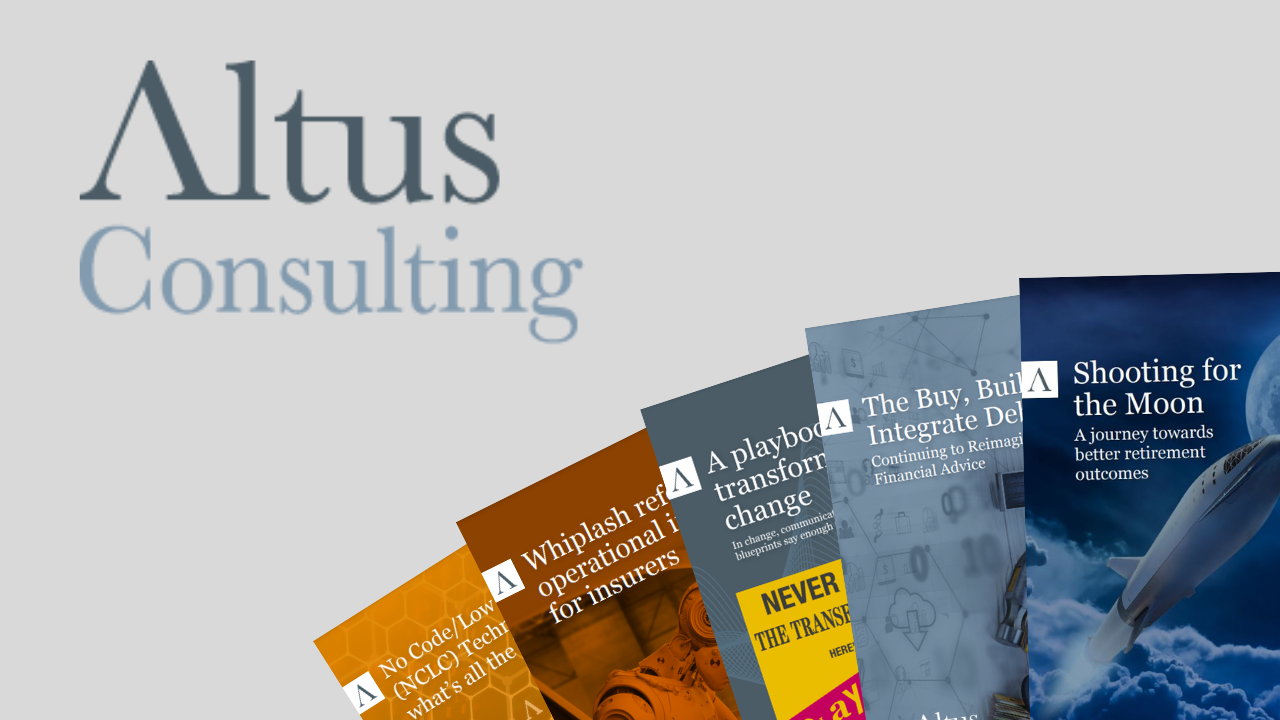
Jon Dean says clothes retailers are falling like ninepins. Even before the COVID-19 outbreak, name after household name had been entering administration, filing CVAs or negotiating huge property lease discounts.
During 2019, the list of several dozen high street players entering administration included 12 fashion store chains, among them LK Bennett, Karen Millen and the Queen’s dressmaker Hardy Amies.
In the wake of coronavirus, UK fashion retailers such as H&M, Next and Primark have cancelled several billion pounds of orders, mostly sourced from overseas, in very short order.
This is understandable, given the closure of all bricks-and-mortar outlets, although some firms have been more considerate of their suppliers than others. H&M and Next have at least agreed to cover the raw materials costs laid out for unfinished orders, but Primark summarily cancelled all orders yet to be dispatched from factories [ed: Primark has pledged to pay the wages of overseas workers].
Budget chain Peacocks, owned by billionaire Philip Day whose Bonmarché stores folded last year, reportedly went even further. The firm told suppliers who had already dispatched finished goods they would accept the consignments at half the agreed price. Suppliers not agreeing to these terms would have to wait until all the goods were sold to receive payment.
Who comes good in a crisis?
My point in all this is that a crisis exposes both the best and the very worst of public and corporate behaviour. Just as some individuals stockpiled food, medicines and toilet rolls to the detriment of everyone else, over a million have registered to volunteer for the NHS or other community organisations to help the nation through tough times. The same can be seen in business. In contrast to the dubious ethical practices of some fashion firms, Unilever has donated €100m of sanitiser, soap, bleach and food to the world’s neediest people.
Fund managers running environmental, social and governance funds have access to a wealth of news stories to separate the wheat from the chaff. By limiting the availability of new share equity to firms with poor ethical practices, let’s hope these companies will be increasingly forced to change their ways, or rely on a diminishing pool of less scrupulous individual investors to fund their growth. Well-run firms with a strong sense of social purpose will be more easily able to expand.
Cause for optimism?
Let’s not get carried away, there is a long way to go. In 2018, the latest full-year data available, sustainable investments made up in excess of $30tn, almost 90% in Europe and the US. For context, ESG made up just 26% of total US assets invested, but this is expected to double by 2025.
The UK government is leading the world in its push for ethical and climate-friendly investing, with strong progress being made across Europe. Increasingly though, as fund giants such as BlackRock realise ESG need not come with a performance penalty, they are pivoting their portfolios voluntarily in the right direction.
What we need now is a common, cross-industry understanding of the definitions of ESG, SRI and other oft-bandied acronyms, and a set of standard disclosure data which can be used to hold fund managers to account for whether a fund is truly ‘green and clean’ or merely greenwashed.
The Investing and Savings Alliance is working closely with the Investment Association on common definitions, and with organisations such as UKSIF, Green Finance Institute, Impact Investing Institute, UNPRI and the International Capital Markets Association, to agree data standards. In the longer term, these may even form part of TISA’s blockchain reporting project (this is currently focused on MiFID II reporting).
By October this year, pension fund trustees will have to show how their investments align with their statements of investment principles and in particular, how they have taken account of ESG factors. Standard definitions and reliable data will be crucial in monitoring this.
It’s unlikely all these pieces will be in place in time for day one, so trustees may wish to be vigilant to news stories about firms lacking a sense of corporate social responsibility, and challenge their fund partners to ensure they are not unwittingly invested in them.




